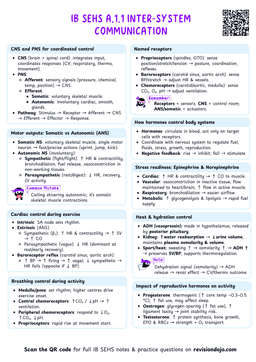Evolution of Talent for Athlete Development
Understanding Talent Evolution
Talent evolution in sports is a fascinating journey that combines both nature (genetic predisposition) and nurture (environmental factors). Let's break down how talent develops and evolves in athletes.
The Three Key Stages
- Initial Identification Stage
- Raw potential recognition
- Basic movement patterns assessment
- Natural physical attributes evaluation
- Development Stage
- Systematic training implementation
- Skill refinement
- Technical foundation building
- Performance Stage
- Advanced skill mastery
- Competitive experience
- Peak performance achievement
Remember that talent evolution is not linear – athletes may progress through these stages at different rates.
Factors Influencing Talent Evolution
Genetic Components
- Natural physical attributes
- Muscle fiber composition
- Body type and proportions
- Response to training stimuli
Environmental Factors
- Access to facilities
- Quality of coaching
- Support systems
- Competition opportunities
The interaction between genetic and environmental factors is crucial for optimal talent development.
The Development Process
Early Specialization vs. Diversification
Early Specialization
- Focused training in one sport
- Intensive practice from young age
- Higher risk of burnout
Diversification
- Multiple sport participation
- Broader skill development
- Better long-term development
Many coaches push for early specialization, but research shows this can be detrimental to long-term athletic development.
Progressive Development Model
- Foundation Phase
- Basic movement skills
- General physical literacy
- Fun and engagement focus
- Learning to Train
- Sport-specific skills
- Basic tactical understanding
- Physical conditioning introduction
- Training to Compete
- Advanced technical skills
- Tactical sophistication
- Competition-specific preparation
- Training to Win
- Peak performance
- Advanced strategies
- Competition mastery
A young gymnast might start with basic tumbling and flexibility work (Foundation), progress to specific apparatus skills (Learning to Train), develop competition routines (Training to Compete), and finally perfect elite-level performances (Training to Win).
Critical Success Factors
Support Systems
- Family involvement
- Educational balance
- Financial resources
- Medical support
Training Environment
- Appropriate facilities
- Qualified coaching
- Peer group influence
- Competition opportunities
The quality of the training environment often has more impact on talent development than initial ability.
Psychological Development
- Mental toughness
- Goal-setting abilities
- Resilience
- Competitive mindset
Monitoring and Assessment
Performance Indicators
- Physical benchmarks
- Technical proficiency
- Tactical understanding
- Competition results
Development Tracking
- Regular testing
- Progress monitoring
- Goal achievement
- Skill acquisition rates
Regular monitoring should include both objective measures (times, distances) and subjective assessments (technique, tactical understanding).
Long-term Athletic Development
Key Principles
- Age-appropriate training
- Individual development rates
- Balanced approach
- Recovery consideration
Success Markers
- Skill progression
- Physical development
- Psychological maturity
- Competition readiness
Long-term athletic development should prioritize sustainable progress over short-term success.


